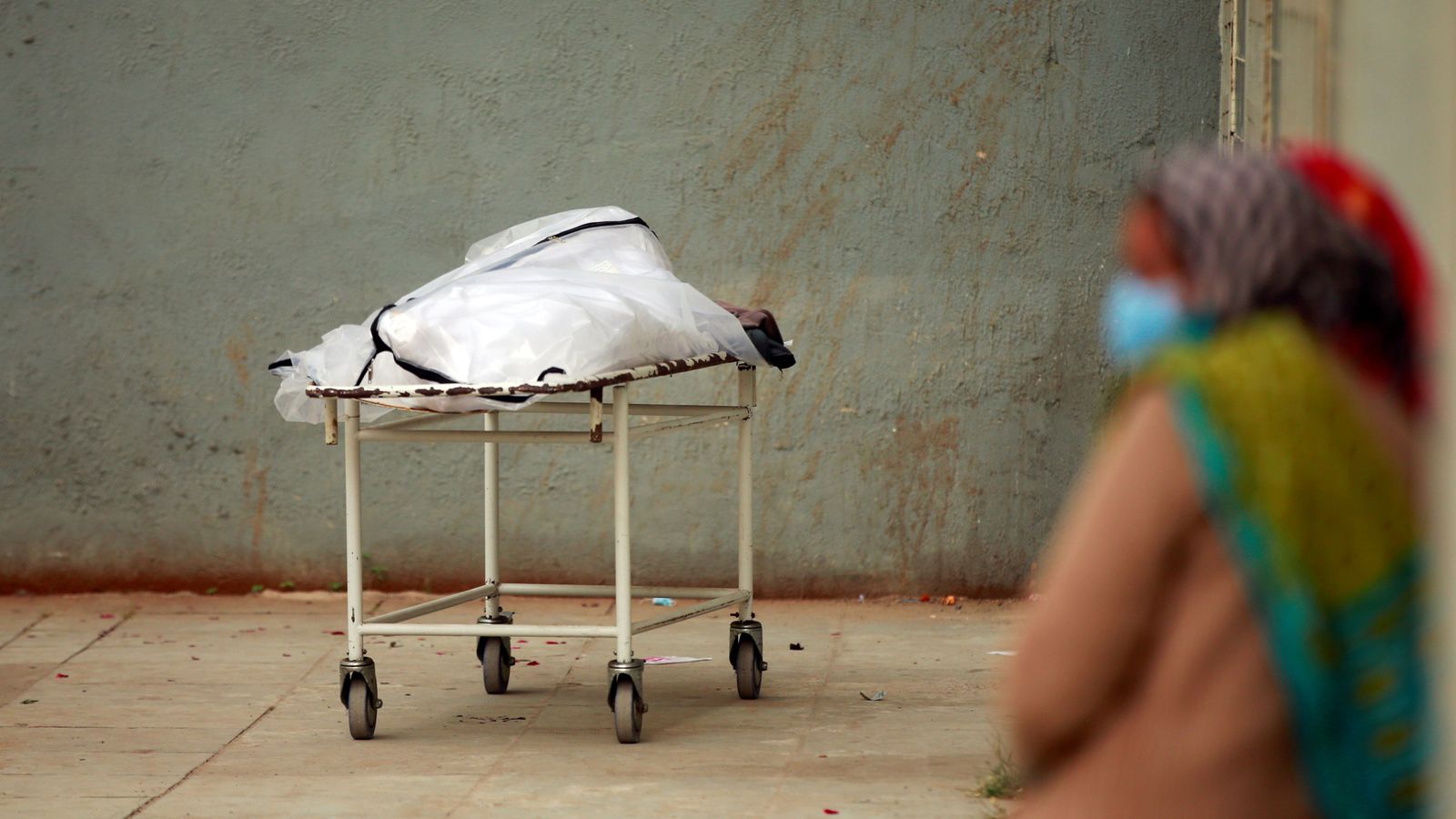The head of the World Health Organization (WHO) has issued a stark warning that COVID-19 is “running freely” and global deaths are unacceptably high, as it urged countries to do more to battle the pandemic.
While many governments of wealthier countries have all but abandoned coronavirus restrictions following successful vaccine rollouts, the organisation’s director-general emphasised that the pandemic is “nowhere near over”.
Dr Tedros Adhanom Ghebreyesus said sub-variants of Omicron continue to drive new waves of cases, hospitalisations and deaths around the world.
“I am concerned that cases of COVID-19 continue to rise – putting further pressure on stretched health systems and health workers,” he said.
“I am also concerned about the increasing trend of deaths.”
Dr Ghebreyesus outlined several “interlinked challenges” now facing the global response to coronavirus, including the Omicron sub-variants and reduced testing and sequencing.
He added: “There is a major disconnect in COVID-19 risk perception between scientific communities, political leaders and the general public.
Queen jokes with nurses as she awards NHS bosses the George Cross for health service’s role in the COVID pandemic
COVID-19: Hong Kong leader defends plans for health codes to tackle coronavirus amid privacy concerns
COVID-19 restrictions could be reintroduced if rise in cases hits NHS backlog, minister warns
“This is a dual challenge of communicating risk and building community trust in health tools and public health social measures like masking, distancing and ventilation.”
The spectre of some restrictions being brought back in the UK was raised on Tuesday if an increase in cases affects the NHS backlog.
Read more: New wave of Omicron mutations spreading across Europe
Dr Ghebreyesus continued: “New waves of the virus demonstrate again that the COVID-19 is nowhere near over.
“As the virus pushes at us, we must push back. We’re in a much better position than at the beginning of the pandemic.
“Of course, there’s been a lot of progress. We have safe and effective tools that prevent infections, hospitalisations and deaths.
“However, we should not take them for granted.”
He urged governments to regularly review and adjust their COVID-19 response plans based on changing situations.







